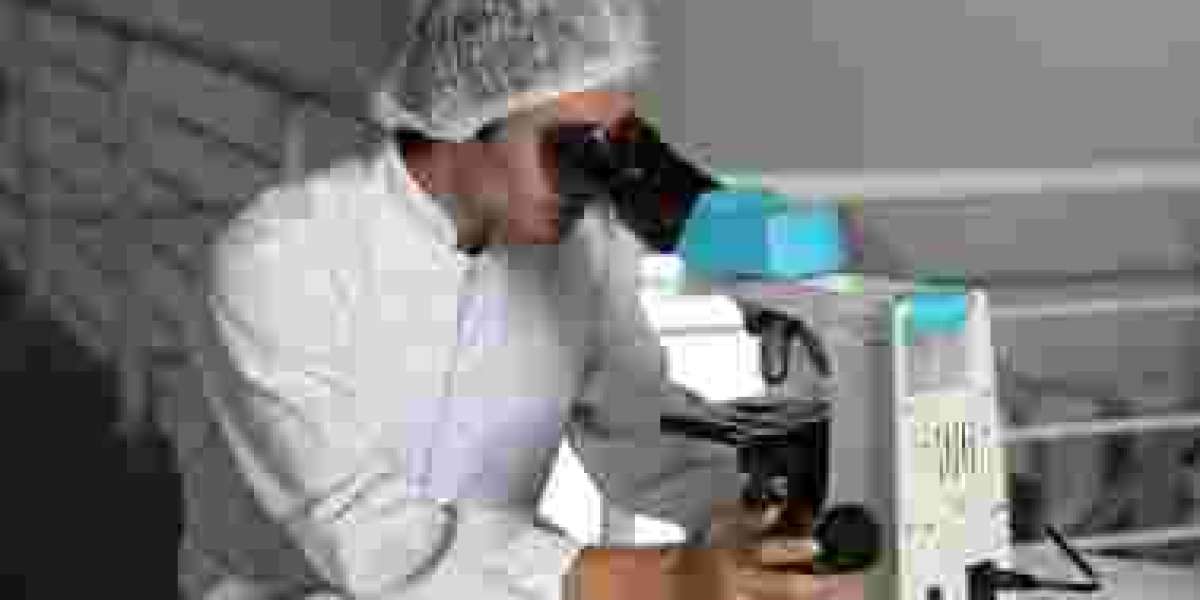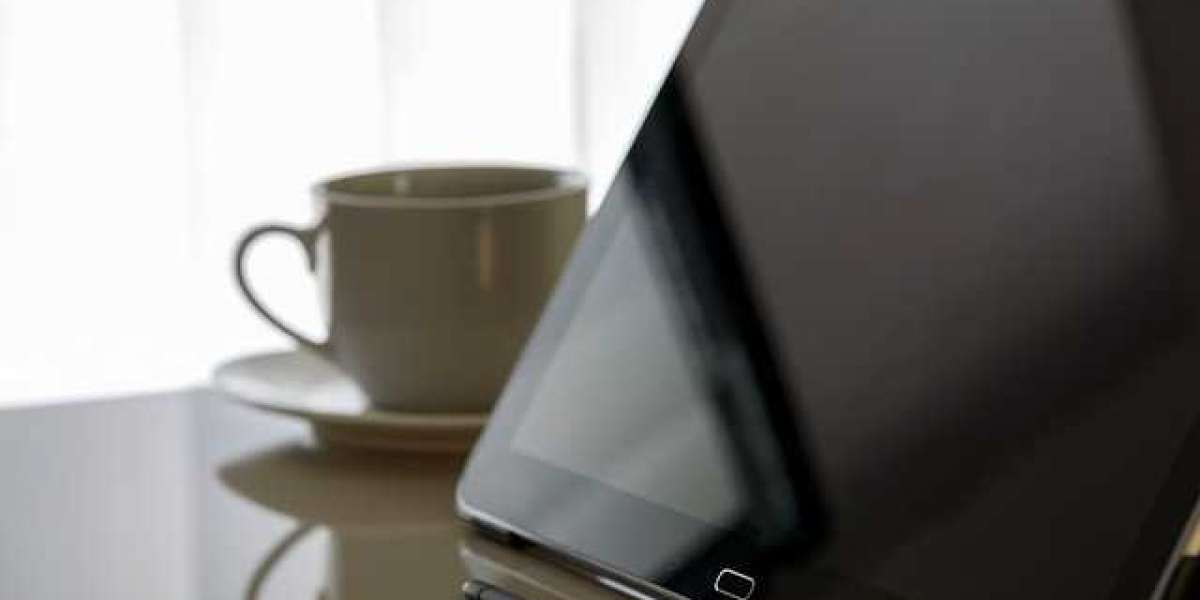Australia is the only country in the world that occupies a single complete continent. It has a complete medical security system and the development of its medical device industry is also in a leading position in the world. Medical devices passing TGA quality system certification means that the company has been recognized by TGA in terms of quality system and production environment facilities. It has also been recognized by the UK, France, Germany, Austria, Italy, Canada, Czech Republic, and Slovakia, which are PIC/S members like Australia. , Finland, Greece, Iceland, Belgium, Denmark, Sweden, Singapore and the Netherlands and other more than 20 countries. If you want to sell, import, or export medical devices in Australia, you must complete the registration review in accordance with relevant regulations and obtain an access certificate. The following will introduce the Australian medical device market access requirements from three aspects: regulatory background, listing process, and registration changes.
Regulatory Background
As early as 1966, Australia passed the Medical Supplies Act to manage medical supplies. The main regulatory laws now are the Medical Supplies Act of 1989 and the Medical Device Regulations promulgated in 2002. The enforcement and supervision of these two regulations is the responsibility of the TGA, an agency under the Australian Federal Department of Health and Aged Care. Therefore, manufacturers who want to sell, import and export medical devices to Australia need to submit a market access application to the TGA.
TGA is mainly responsible for the supervision of drugs, vaccines, vitamins and minerals, medical devices, blood and blood products. In accordance with Therapeutic Goods Act 1989, it adopts a risk-based management approach to ensure that therapeutic products supplied to Australia comply with quality, safety and Criteria for effectiveness.

Australia's Medical Device Regulatory System
Australia's regulatory framework is based on the recommendations of the Global Harmonization Task Force (GHTF). The GHTF is a voluntary organization of medical device experts established by the Department of International Regulatory Affairs to coordinate the international regulation of medical devices.
Regulatory features: A risk level-based classification scheme that adheres to a series of basic principles to ensure that only safe, effective, high-quality medical devices are provided with a conformity assessment procedure, depending on the risk level of the medical device, demonstrating compliance with quality according to ISO 13485:2003 The basic principles of the management system must be recognized by international medical device reference standards to demonstrate compliance with the basic principles. Implement management controls over the manufacturing process Register on the Australian Register of Therapeutic Goods (ARTG) Implement a post-market surveillance system, adverse event reporting procedures and vigilance activities.
Australian Quality System for Medical Devices
The government stipulates that the production process of all medical device manufacturers must meet the quality requirements related to the devices they produce and have quality assurance methods and procedures. In order to achieve this goal, Australia has implemented a good manufacturing practice (GMP) system and is also moving closer to the ISO 9000 quality system standard. Since 2017, Australia has begun to implement a single audit procedure for medical devices and accepts MDSAP certification certificates provided by qualified inspection agencies.
The registration of therapeutic goods in Australia is called the Australian Register of Therapeutic Goods, or ARTG registration, which is an important part of product marketing access application. TGA has clear regulatory regulations for medical device marketing access, which will be introduced below.
Listing process The listing process of medical devices in Australia can be roughly divided into the following four steps: 01 Clarify the key roles The registration and listing process of medical devices in Australia mainly involves four key roles, namely, manufacturer (Manufacturer), sponsor, and therapeutic goods management Agency (TGA), sponsor (Sponsor). Among them, the sponsor must be a local Australian citizen or company. Therefore, for local Australian manufacturers, they can also serve as the sponsor of their medical device products; while for foreign manufacturers, they must appoint a local Australian sponsor to help complete the registration process. The manufacturer is responsible for the design, production, packaging, delivery, etc. of the medical device, while the sponsor is a local Australian citizen or company who is responsible for applying for a Sponsor registration number from the TGA (Therapeutic Goods Administration) to help complete the registration process.
The definitions and main responsibilities of the four key roles are as follows:
1. Manufacturer: Responsible for the design, production, packaging, shipping, etc. of medical devices. The main responsibilities of manufacturers during the product launch process are as follows:
Clarify the intended use and risk level of the product;
Ensure continuous quality compliance during product design, production and factory delivery;
Cooperate with TGA review, submit relevant technical documents, and pay review fees in a timely manner;
Notify TGA of major product changes in a timely manner;
Notify TGA products of adverse events, recalls, warnings, etc. in a timely manner.
2. Sponsor: A local Australian citizen or local company that is legally responsible for medical devices needs to apply for a Sponsor registration number from TGA. It is worth mentioning that the same product from the same manufacturer can be licensed to multiple sponsors, but each sponsor must submit a separate registration. The sponsor’s main responsibilities during the product listing process are as follows:
Communicate TGA instructions to manufacturers in a timely manner;
Submit valid production & product compliance certificates (TGA conformity assessment certificate/EC certificate) to TGA in a timely manner;
Submit ARTG registration to TGA and be responsible for the completeness and authenticity of registration documents;
Cooperate with TGA to conduct factory audits;
If you participate in the product sales process, you need to make sure that the product’s advertising/promotional materials are compliant;
Ensure that a label with the sponsor’s name and address is provided to users with the product;
Pay the registration fee, registration review fee and annual fee.
Sponsor must be a company registered in Australia, and its staff should have corresponding knowledge of technical regulations and be able to communicate with TGA on behalf of medical device manufacturers. According to Australian regulations, companies registered in Australia must have local Australian residents as shareholders before they can be established. Therefore, Australian Sponsor services cannot be provided by Chinese citizens investing in and registering overseas companies.
3. Sponsor: Importing, exporting, or producing medical devices, Australian manufacturers can also serve as sponsors
4. Therapeutic Goods Administration (TGA): a government agency that regulates therapeutic goods (including medical devices) in Australia
The Australian Therapeutic Goods Administration (TGA) is also a TGA-certified regulatory agency. Violations of the Therapeutic Goods Act are subject to a maximum penalty of 5 years in prison and 5,000 penalty units (approximately 3.5 million RMB).
02 Clarify the definition and risk level of medical devices. The definition and key points of medical devices in Therapeutic Goods Act 1989 are as follows:

Items that meet the above definition are subject to the supervision of the TGA department in Australia, and a registration application must be submitted to the TGA before being imported, exported and sold in Australia. Animal medicines, animal medical devices, cosmetics, food, health products, etc. are not within the scope of TGA supervision.
Kingsmead representation and advisory services can help companies navigate the complex registration process and ensure their products meet the highest standards of safety and effectiveness. Contact us today to learn more about how we can help your company succeed.
Email:office@kingsmead-service.com.






